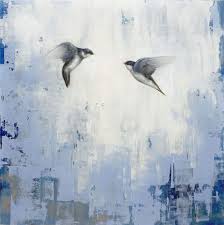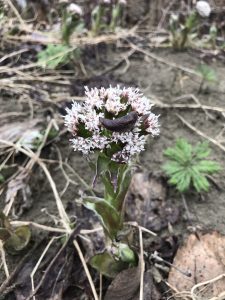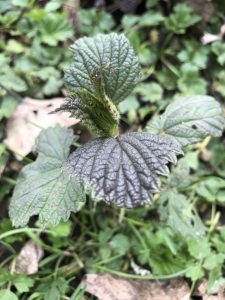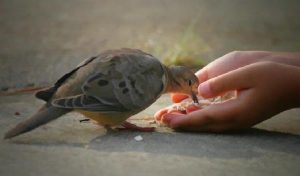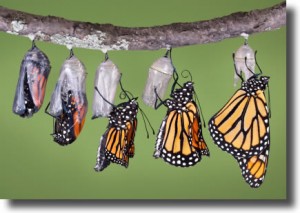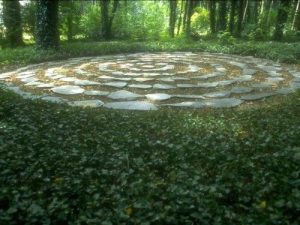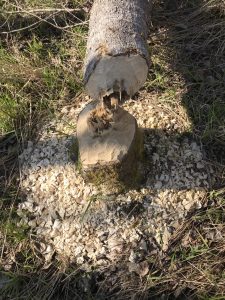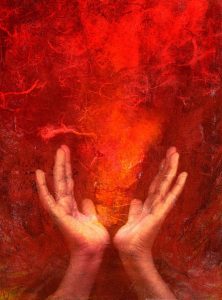 The Yogabliss, Two Rivers/RiverTree Yoga on-line Moving into Meditation classes met this morning. Today we dedicated our hearts and minds to compassion. We explored ways to cultivate it within ourselves so that we are prepared to offer it to others. The practice goes deep – touching our fear and vulnerability and our caring and courage.
The Yogabliss, Two Rivers/RiverTree Yoga on-line Moving into Meditation classes met this morning. Today we dedicated our hearts and minds to compassion. We explored ways to cultivate it within ourselves so that we are prepared to offer it to others. The practice goes deep – touching our fear and vulnerability and our caring and courage.
We drew inspiration from the poet Naomi Shihab Nye’s Kindness and Mary Oliver’s To Begin With: The Sweetgrass. They paint pictures in words that land in our heart, flesh and bones. They move us beyond the edges of our skin into the “gravity of kindness” and to “becom[ing] a child of the clouds.”
Our guided meditation was inspired by meditation teacher and writer, Oren Jay Sofer. He offers many ways to contemplate and cultivate compassion. His teaching outlines the dimensions of compassion to include equanimity and wisdom. He offers ways of “resourcing ourselves” so that we can bring caring action to others without becoming overwhelmed.
Teacher and writer Parker Palmer’s short essay, We Deserve the Compassion We Give, reminds us of the “inner mending” we all need to do in order to be there for others.

